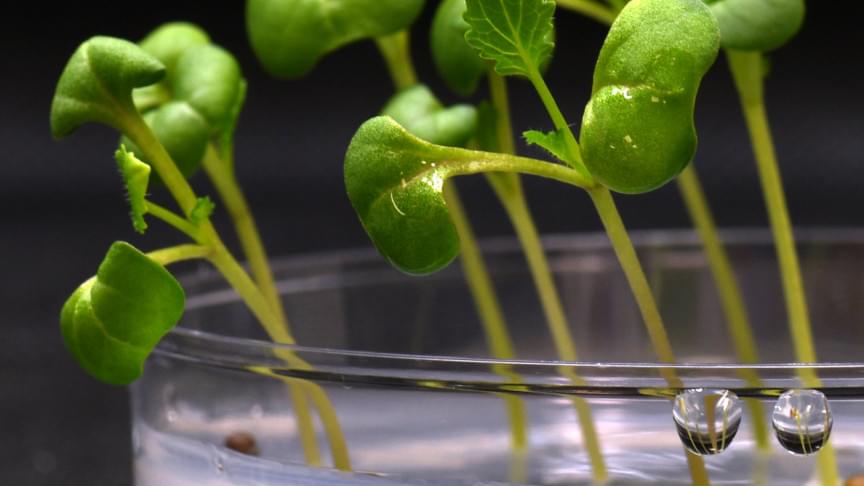The researchers also optimized their electrolyzer to produce the highest levels of acetate ever produced in an electrolyzer to date. What’s more, they found that crop plants, including cowpea, tomato, rice, green pea, and tobacco, all have the potential to be grown in the dark using the carbon from acetate. There’s even a possibility that acetate could improve crop yields, though more research is required.
The researchers believe that by reducing the reliance on direct sunlight, artificial photosynthesis could provide an important alternative for food growth in the coming years, as the world adapts to the worst effects of climate change — including droughts, floods, and reduced land availability. “Using artificial photosynthesis approaches to produce food could be a paradigm shift for how we feed people. By increasing the efficiency of food production, less land is needed, lessening the impact agriculture has on the environment. And for agriculture in non-traditional environments, like outer space, the increased energy efficiency could help feed more crew members with less inputs,” Jinkerson explained.
